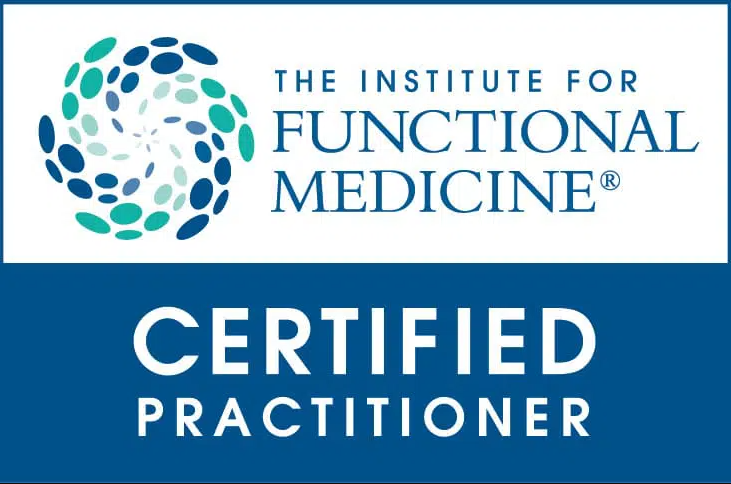|
From my time in my school practicum to here at Dr. Sprecher's office, I have noticed a common thread among those suffering from chronic illness. What is it? Sensitivity. In "The Empath's Survival Guide: Life Strategies for Sensitive People," author Judith Orloff offers diagnostic quizzes to determine if you are an empath, and, if so, how to handle it in today's not-so-kind world. Questions include "Have you ever been labeled as overly sensitive, shy, or introverted?" or "Am I over stimulated by noise, odors, or non-stop talkers?" Empaths tend to get overwhelmed by crowds, yelling, and "energy vampires" and tend to react strongly to medications or extreme environments. Empaths need quiet time to rebuild, and often prefer to take their own car places so they can "escape" when they are overwhelmed. Empaths tend to be targets for certain types of personalities, including rage-a-holics, drama kings and queens, victims, and non-stop talkers. Being so sensitive and absorbing energy often leads to health problems. The good news? Empaths are extremely kind, compassionate and understanding. . Does this sound like you? Take the quiz here.
If you find you are an empath, the book offers survival strategies. They include taking a moment to figure out if an emotion you are feeling is your own or if it something you picked up from another person...if you did pick it up elsewhere, you are told to take deep breaths and repeat to yourself "return to sender." Moving away from the source of stress and limiting physical contact is another strategy. Setting limits and boundaries and giving yourself time alone to regroup is also important. Detoxing in water, through a bath or swimming, and spending time outdoors is also calming for empaths. Sometimes, even visualizing a protective shield is enough, or putting up some type of physical barrier. If you would like to learn more, Dr. Orloff's book is available here.
0 Comments
Leave a Reply. |
Archives
August 2019
Categories |

 RSS Feed
RSS Feed
